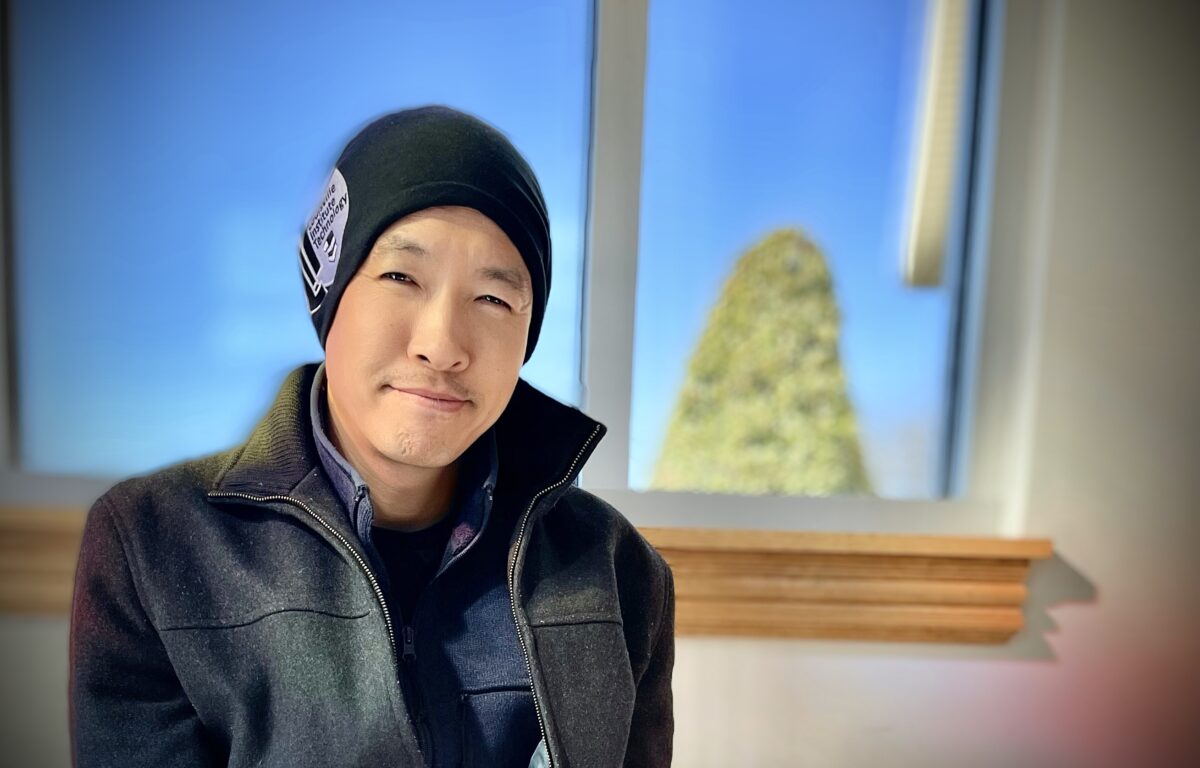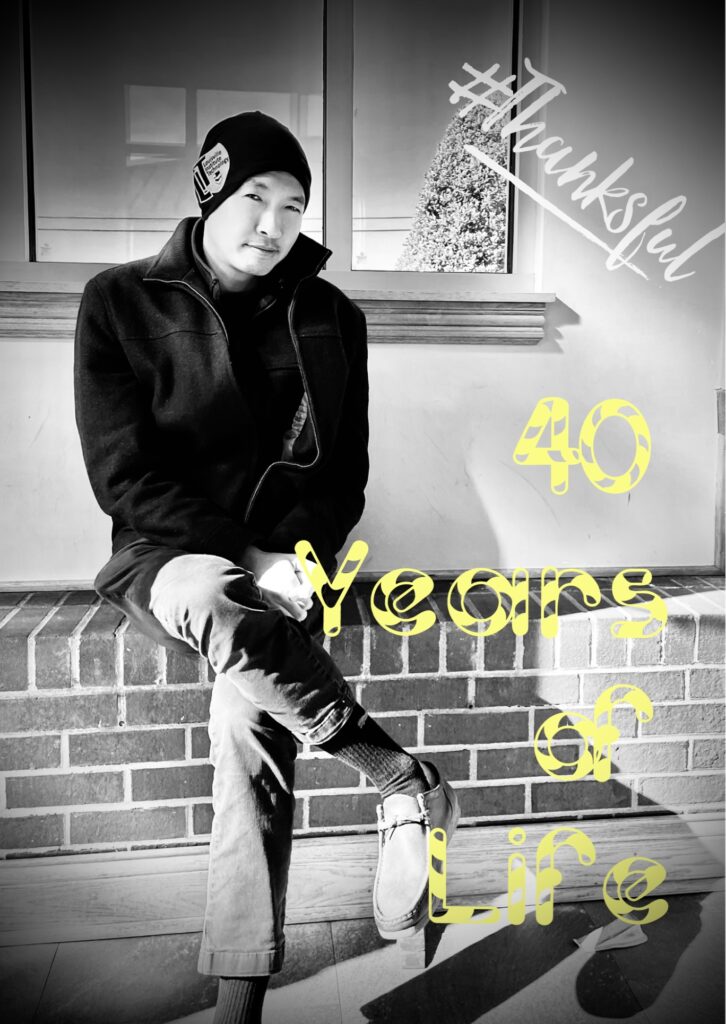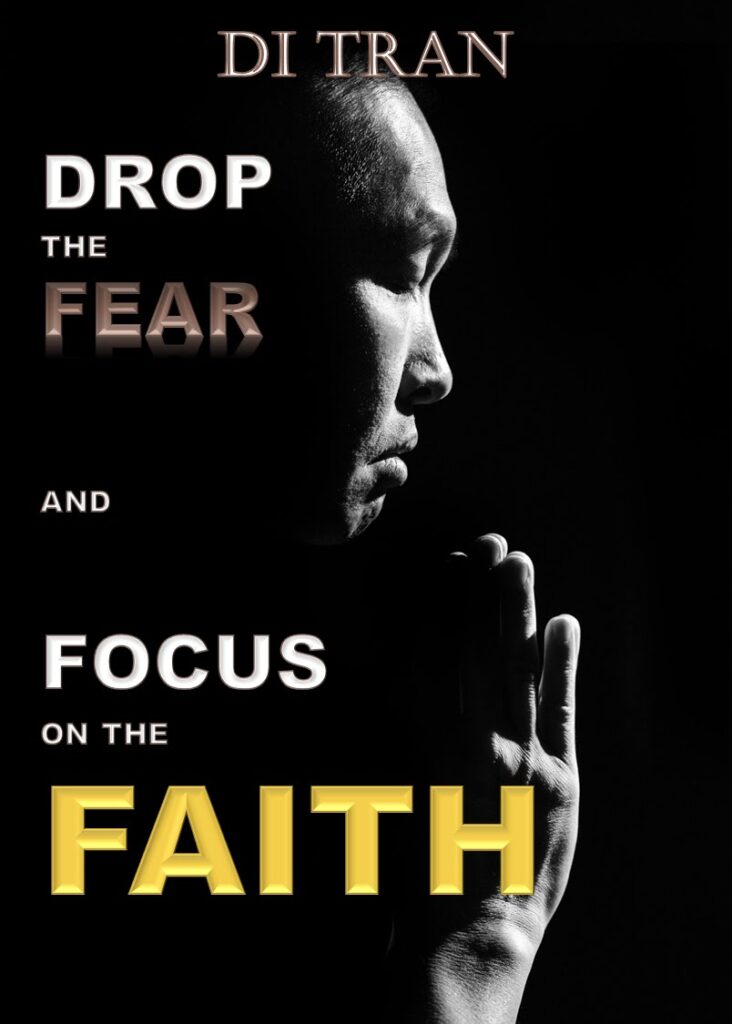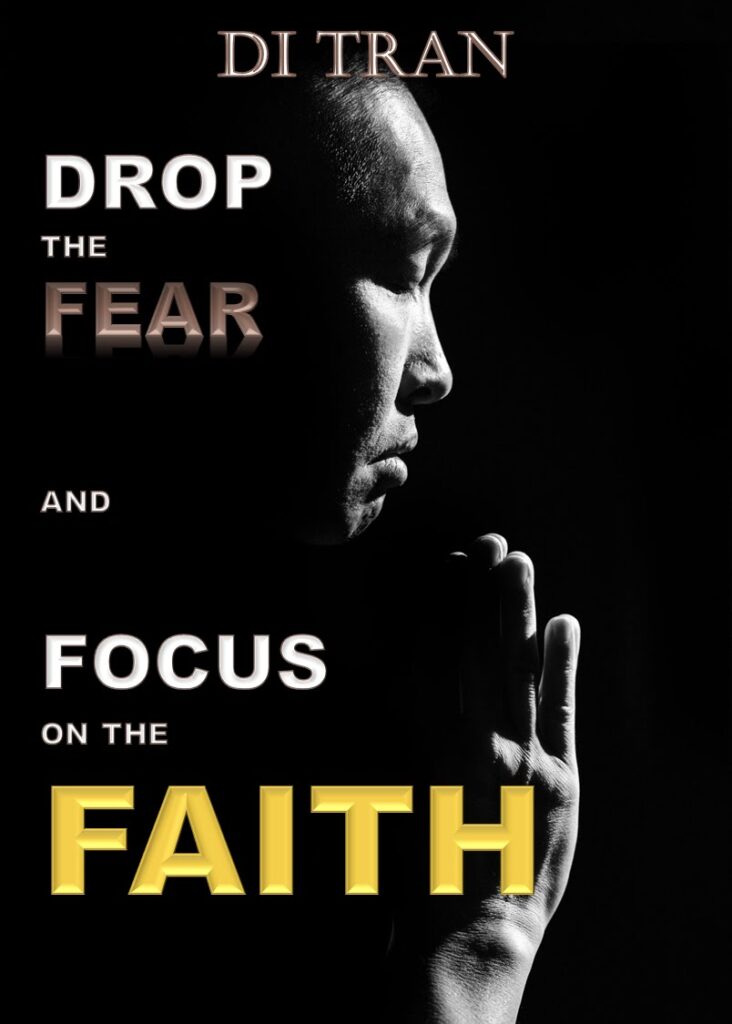In Di Tran’s soon-to-be-released book, “Drop the FEAR and focus on the OTHERS”, Tran reflects on an Earl Nightingale quote that has served as a driving force in his life and career: “If you think you can enrich yourself by deluding others, you will find that you are only deluding yourself.”
Known for his deep reflections and profound teaching, Tran frequently emphasizes that he works not for others, but for himself, regardless of his position in a company or the boss he reports to. According to Tran, this mindset enabled him to deliver his best effort under any circumstances. He strongly believes that one’s workplace is an unparalleled learning platform, with opportunities surpassing those offered by acclaimed institutions such as Harvard, Stanford, or MIT.
Echoing Nightingale’s wisdom, Tran asserts, “I never work for anyone else, but self, even when I work in a company.” This maxim does not imply a selfish attitude, but rather a dedication to personal growth and learning. His philosophy proposes that every job in any company is a vast university, providing real-world problems and hands-on experiences that no textbook can equate. These challenges serve as essential stepping stones to co-creation, knowledge development, and ultimately, personal enrichment.

In his forthcoming book, Tran further cements this perspective by proclaiming, “If you have a job today anywhere and in any type of company, that is the best UNIVERSITY there is, even better than Harvard, Stanford, or MIT. It is an actual job, an actual problem with an actual opportunity that you can be hands-on and be part of the solution and fixing.”
For Tran, diluting your effort in your work equates to depriving yourself of the chance to learn and acquire knowledge. By doing so, you sabotage your self-growth and potentially limit your future opportunities. Instead, Tran advises giving 100% at all times because “you earn what you give and that’s the law of nature,” a sentiment that harks back to Nightingale’s insightful quote.
Tran’s reflections serve as a powerful reminder that personal enrichment cannot be achieved through deceit or by undervaluing others. On the contrary, it comes from embracing challenges, seizing opportunities, and dedicating oneself wholly to learning and growth. His insights offer a profound roadmap for all who aspire to rise above mediocrity and strive for excellence.
As we anticipate the release of “Drop the FEAR and focus on the OTHERS,” we can expect more insightful gems from Tran. His experiences and insights promise to inspire readers to transcend their limitations, embrace learning in all its forms, and understand that their career is more than just a job—it’s a university in its own right. The power of this perspective lies in its transformative potential, not only for personal and professional growth but also for the enrichment of those around us. Because, in the end, enriching others is the true path to enriching ourselves.




















